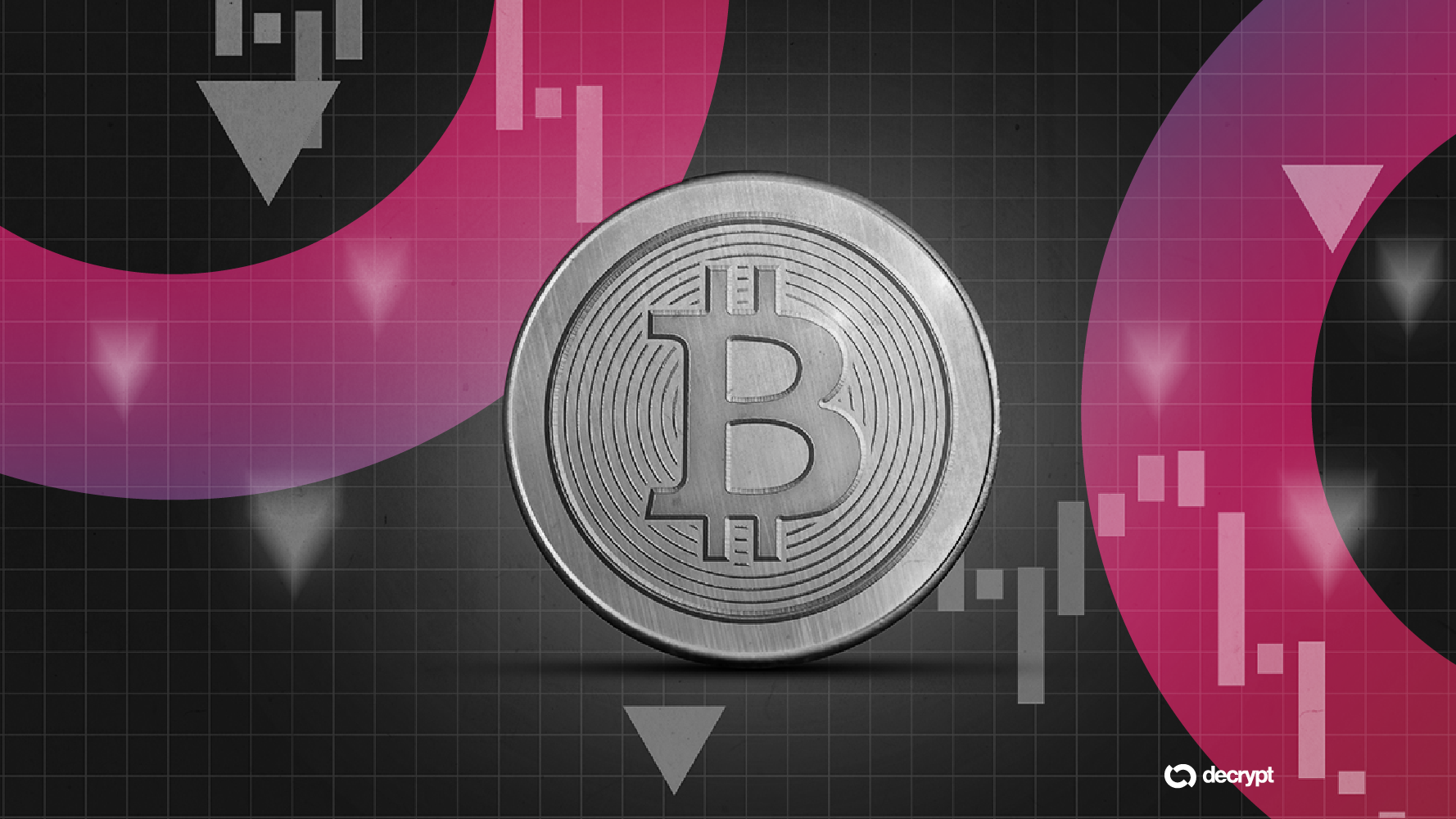Santander’s Openbank Enables Bitcoin, Litecoin, POL, Ethereum, and Altcoin Trading for German Customers
- Santander’s digital bank has launched crypto trading in Germany, letting customers buy, sell, and hold these assets.
- At launch, Openbank customers in Germany can get their hands on Bitcoin, Ethereum, Cardano, Litecoin, and Polygon.
Openbank, the digital arm of Banco Santander, has just rolled out a new crypto trading service for its retail customers in Germany. It’s a full-circle move for a bank that was among the first traditional players to dip its toes into blockchain years ago with its early investment in Ripple Labs.
Instead of sending money off to an external exchange, Openbank users can buy, sell, and hold major cryptocurrencies right from their accounts, side by side with their regular investments.
As of today, customers can access five major cryptocurrencies, Bitcoin (BTC), Ethereum (ETH), Litecoin (LTC), Polygon (MATIC), and Cardano (ADA), directly through their Openbank accounts, managing them alongside their existing investments. All of this comes with the safety net of Santander’s backing and the investor protections established under Markets in Crypto-Assets Regulation (MiCA), with no need to move funds to an external exchange.
More Assets and Features on the Way
Over the next few months, the digital bank plans to broaden the range of cryptocurrencies available on its platform, giving customers even more choice. On top of that, it’s preparing to roll out handy features like crypto-to-crypto conversions, so users can easily swap between different assets without needing a separate exchange.
The new trading service comes with competitive pricing, too. Customers will pay a 1.49% fee for buying or selling digital assets, with a minimum charge of €1 per transaction, and importantly, there are no custody fees for simply holding their crypto. That makes the service simple, transparent, and accessible for everyday investors.
In just a few weeks, Openbank will then extend the same offering to customers in Spain and build on the success of its German launch. It’s another step in the bank’s push to strengthen its investment ecosystem, which already includes innovative products like its automated investment service, Robo Advisor, as well as a portfolio of more than 3,000 stocks, 3,000 investment funds managed by over 123 firms, and more than 2,000 Exchange Traded Funds (ETFs). Coty de Monteverde, Head of Crypto at Grupo Santander, explained:
Across the Atlantic, U.S. banks have also undergone a shift in their approach to digital assets. Once dismissive, they began cautiously testing the waters after OCC guidance opened the door, and now many treat crypto as a permanent part of finance, particularly through real-world asset tokenization efforts.
JPMorgan, for example, has already launched JPM Coin and its Onyx blockchain, focusing on settlement solutions for institutional clients. Together, these developments show how traditional finance is warming up to crypto.
]]>You May Also Like

• Arm will add Nvidia’s NVLink to its Neoverse chips for large AI data centers.

Mt. Gox moves $936M in Bitcoin after eight-month dormancy
